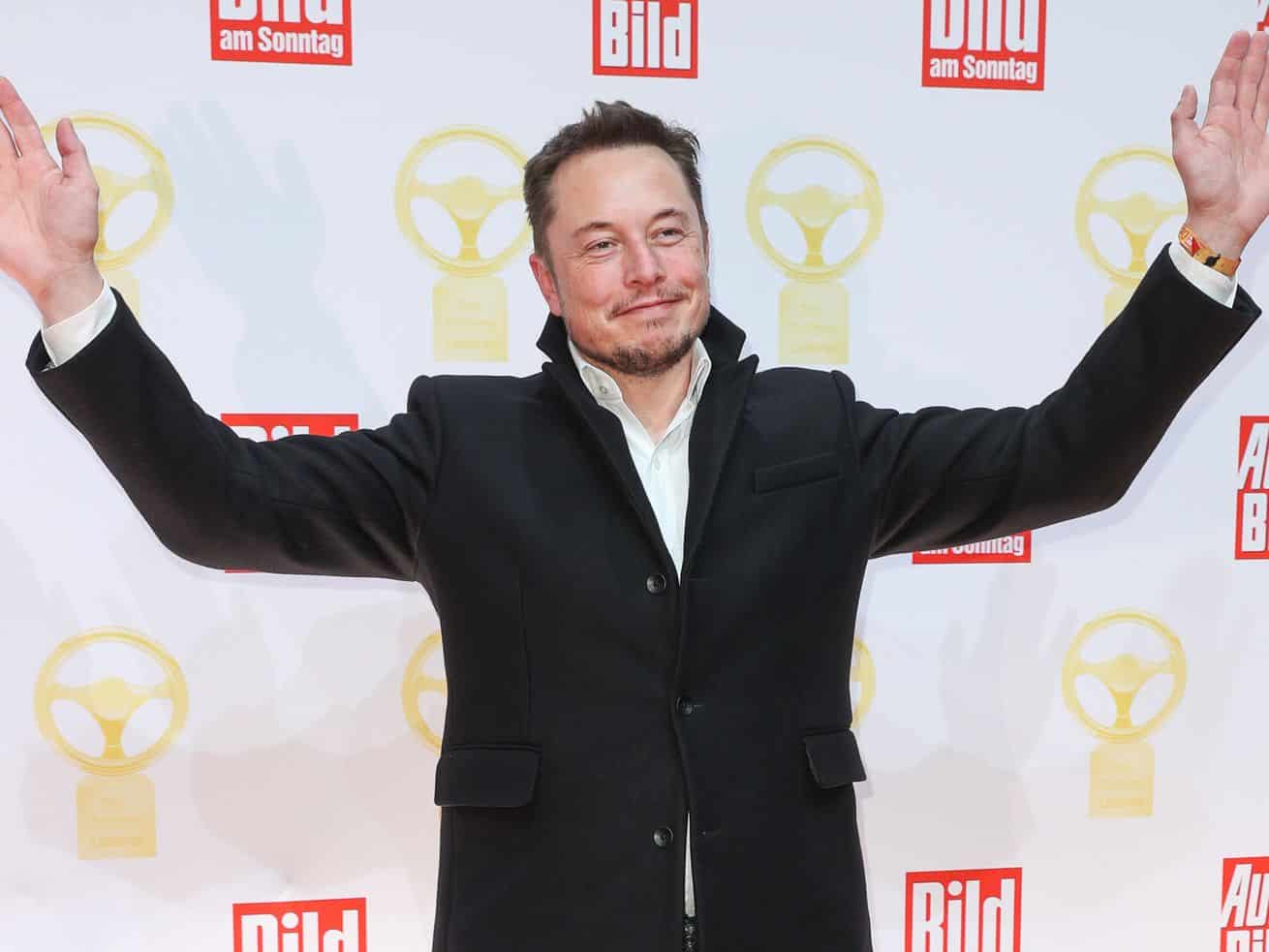Two tech billionaires are the heroes of America’s anti-billionaire moment.
On r/Wall Street Bets — the Reddit forum that has powered stocks like GameStop in an unbelievable week on Wall Street — one of the small-time retail traders started to wonder aloud this past weekend if they could trust their new brothers-in-arms.
“These billionaires are not our friends,” the thread began.
“I keep seeing posts about wealthy elites supporting this movement, encouraging everyone to buy and hold. People are forgetting that you don’t become a billionaire and maintain that status without fucking over the common man on a regular basis. Stop thinking they are your friend, don’t invest because they are on our side or because they said so.”
“Some people do have a heart, including some billionaires. Chamath, Elon,” wrote back one Redditor, making exceptions. “I agree most billionaires don’t have a heart.”
“Don’t do Chamath and Elon dirty like that,” shot back another.
It has been this pair of tech billionaires — investor Chamath Palihapitiya and Tesla founder Elon Musk — who, over the last week, have been inspiring a national rebellion against their peers in the billionaire class. They have encouraged their followers to buy GameStop and blasted short-selling hedge funders. And so on the same Reddit forums where posters bellow to “Eat the Rich” there are posters building a digital shrine to Musk, the richest person in the world. Avatars for American capitalism are doubling as avatars for the American mememaker.
The irony isn’t lost among the day traders and Redditors themselves: Much like how an elite Donald Trump framed himself as a champion of the anti-elite, some tech billionaires are riding the wave of America’s anti-billionaire moment.
“There is this attraction to the cowboy rebel type,” said Margaret O’Mara, a historian of Silicon Valley. “These kind of rich guys being these rule-breakers is a powerful story. It has great appeal,” she said, even “when if you dig a little deeper, they’re not quite as iconoclastic.”
Both made their billions in the Silicon Valley establishment: Palihapitiya was an early Facebook executive. Musk has been involved with the tech industry’s iconic companies for two decades. But both have become sharp critics of the market that made them rich.
And now these two figures have been shouting the loudest battle cries in an extraordinary war on Wall Street. Palihapitiya helped pump up GameStop with his own trades and a spirited denunciation on CNBC of hedge fund titans who push down the common man. Musk has used his enormous platform on Twitter to promote the stock, turning his longstanding antipathy for Tesla short sellers into a broader critique of the power structure on behalf of “the people.”
“Why couldn’t people buy GameStop shares? The people demand an answer,” Musk demanded of Robinhood’s CEO, Vlad Tenev, during an interview on the app Clubhouse on Sunday evening. “They want to know the details and the truth.”
The traitors to their class, as you could call them, are emerging at a time when anti-billionaire sentiment is rising on the left and the right alike. The traders’ foils are other billionaires — finance titans like Citadel founder Ken Griffin, hedge funder Leon Cooperman, or New York Mets owner Steve Cohen. Anti-billionaire sentiment is, if only briefly, returning to focus on Wall Street, whose billionaires served as chief villains after the 2008 financial crisis, but in recent years seemed to have passed that mantle to Silicon Valley’s masters of the universe.
In some respects, it only fits a pattern that Silicon Valley is feuding with Wall Street yet again. Palihapitiya has spent much of his last few years developing an alternative to the fee bonanza for banks that is the initial public offering process. Musk has cast the public markets as deeply warped, even as those same markets rewarded Tesla with an improbable bull run that made the carmaker the fifth most valuable US company.
That shared frustration with Wall Street specifically may be what motivates them. On other topics, neither Musk or Palihapitiya are the types of class warriors who say, for instance, that billionaires should not exist.
But even if it’s not their intention, their arguments pummeling the mega-rich have now found a reception like never before with billionaire-haters. Rep. Alexandria Ocasio-Cortez (D-NY) — who definitely is the type who thinks billionaires shouldn’t exist — invited Palihapitiya, one of those billionaires, to join her popular stream on Twitch last week. (The pair didn’t get the chance to discuss whether Palihapitiya or his ilk should exist; the engagement fell through due to scheduling.)
The billionaires’ interviews, tweets, Twitches, and Clubhouses are resonating — driving markets, media cycles, and to some extent, culture. Many see Musk and Palihapitiya as the heroes in the narrative (and memes).
The same billionaire-as-commoner is seen in Palihapitiya’s self-floated potential run for governor of California if Gov. Gavin Newsom is successfully recalled. Palihapitiya could very well be joking about running — he has driven outsized buzz merely by tweeting a link to a website that a few out-of-state supporters made, without making any serious moves to run — but he has been generating mainstream interest in the recall effort: Last week Palihapitiya made a $100,000 donation to the principal group behind the recall, Rescue California, Recode is told.
He has intoned his political moves with these same anti-establishment, unbeholden notes.
“People want you to think that everything is always about left vs right,” he tweeted Monday. “It’s not. It’s about insiders vs outsiders.”
It is surely a good strategy to run against the billionaire class — in business or in politics. It’s so obvious that even the billionaires themselves have realized this. That’s why the pair remains so celebrated on r/Wall Street Bets — even if not totally trusted.
“At this moment billionaires are not our friends,” one Redditor wrote back to the day trader who questioned the movement’s alliance with the billionaires, “but our temporary partners of convenience.”
Author: Theodore Schleifer
Read More



